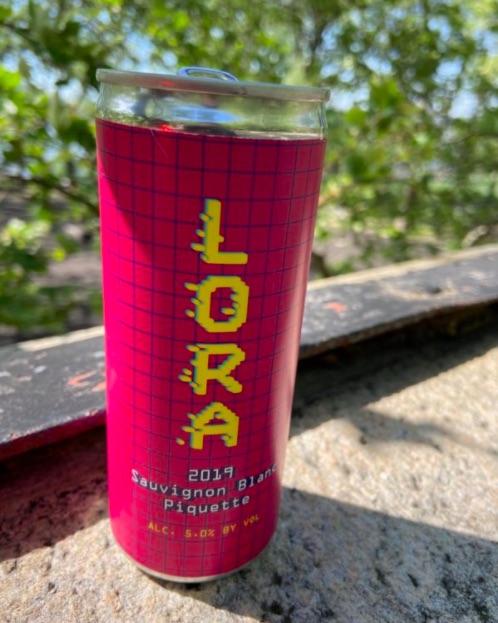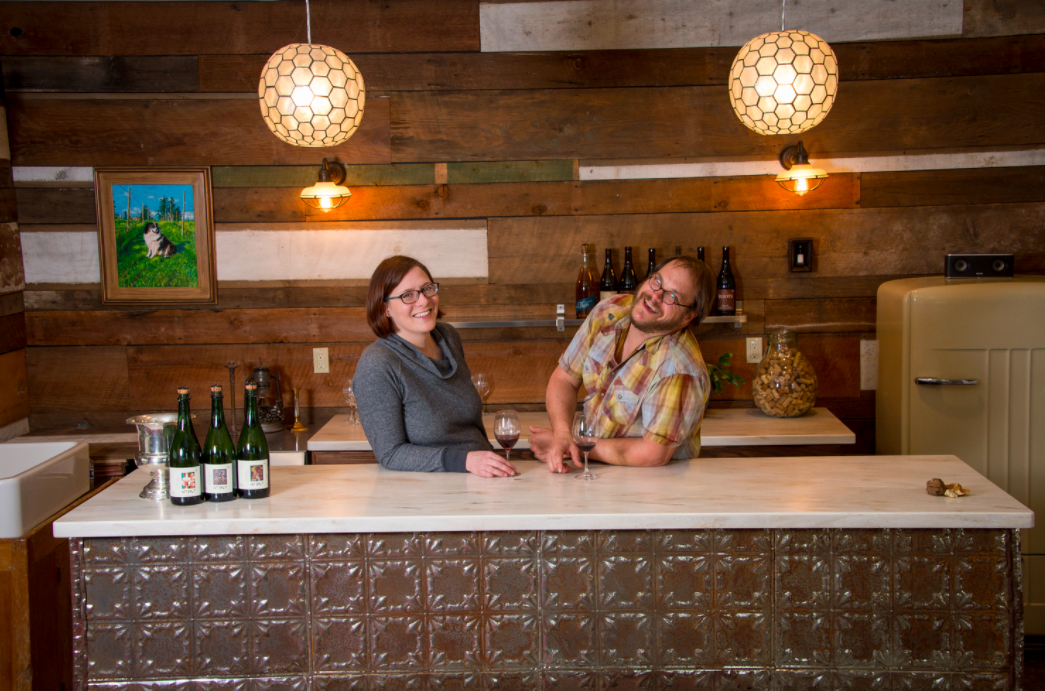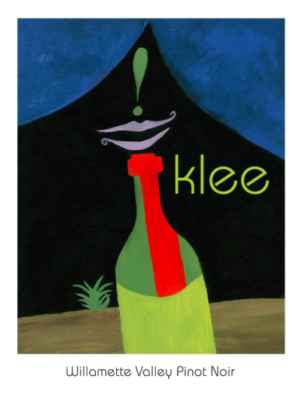
Lora Sauvignon Blanc Piquette
| Country | USA |
|---|---|
| Region | Oregon |
| Producer | Roots Wine Company |
| Size | 250ml can |
| Style | White |
| Grapes | Sauvignon Blanc |
| Other Features | Vegan, Indigenous yeasts, Low alcohol |
Derived from the French word for “prick” or “prickle,” which describes the drink’s slight fizz, piquette dates to ancient Greek and Roman times, when it was known as lora. It was a cheap-to-produce drink made from the scraps of winemaking. In France, piquette is said to have been the preferred drink of vineyard workers at the lunch table, as its low alcohol encouraged post-lunch productivity rather than an alcohol-fueled stupor. In Italy, piquette has various names including acqua pazza, acquarello and vinello. Nearly all European winemaking countries have their own version of piquette, usually made and consumed by the field workers and their families.
Chris Berg’s version is made from Sauvignon Blanc’s pomace, with no additional sugar. A little pinch of sulfur is added and it is carbonated in the line to the can. At 5% alcohol, Lora is a fun summer time quaffer, dry and clean.
About the Producer

Born in Racine, Wisc., and raised in Idaho, Pennsylvania and Illinois, winemaker and winegrower Chris Berg didn't always know he wanted to make wine. In fact, when he graduated from the University of Kansas in Lawrence, with a bachelor's in English, he wasn't sure what his future held, as far as a career. Meanwhile his parents, Chuck and Dian Berg, had decided to relocate to Oregon from Illinois with the purchase of a manufacturing company in Tualatin, Ore. Chris soon followed and helped his parents at the plant, as well as the other reason for the big move: planting a small vineyard.
In 1999, the Bergs planted seven acres of mostly Pinot Noir on the 20-acre property near Yamhill in the Yamhill-Carlton District of the Willamette Valley. Chuck and Dian built a small house on the vineyard, and Chris lived in Portland with his wife, Hilary, also a Jayhawk. The manufacturing business closed its doors in 2000, and the Bergs found themselves full-time winery folk. In 2001, Chuck and Dian moved to the sunny locale of Wickenburg, Ariz., to be near Dian's parents. Chris and Hilary were then given the opportunity to move to the vineyard from Portland. In 2002, the Bergs picked their first harvest of a whopping three tons, which were made into 72 cases of Pinot Noir.
Today, Roots produces approximately 5,000 cases annually. Wines include the flagship estate Pinot Noir, as well as eight single vineyard-designate Pinot Noirs, sourced mostly from neighboring vineyards in the Yamhill-Carlton AVA. Other wines include a Grenache, Pinot Gris, Melon de Bourgogne, Sauvignon Blanc, Chardonnay and a Méthode Traditionnelle sparkling named after their son, Theo. All these wines are made in small lots and handcrafted using indigenous yeasts. Roots' reserve Pinot Noir label, Racine, honors the town in which Chris was born. (The name means "root" in French).
In homage to one of Chris' favorite artists, Roots' second label, Klee (named after Paul Klee), makes up the largest portion of the case production with 2,000 cases made annually. The artwork is their own adaptation of a Klee painting. Roots' other second label, Sheboygandy — a play on words combining Sheboygan (another Wisconsin town) and Burgundy, the ultimate Pinot Noir region. Both Klee and Sheboygandy are made from premium Pinot Noir fruit.
Farming/winemaking practices: organic. Indigenous yeasts only. The wines are not fined (except the whites, with bentonite) and are vegan.
Roots Wine Company
The Extract: Chris Berg of Roots Wine Co: Ep. 75 - June 2015

related products
-
Roots Wine Company
Klee Pinot Noir – Willamette Valley

